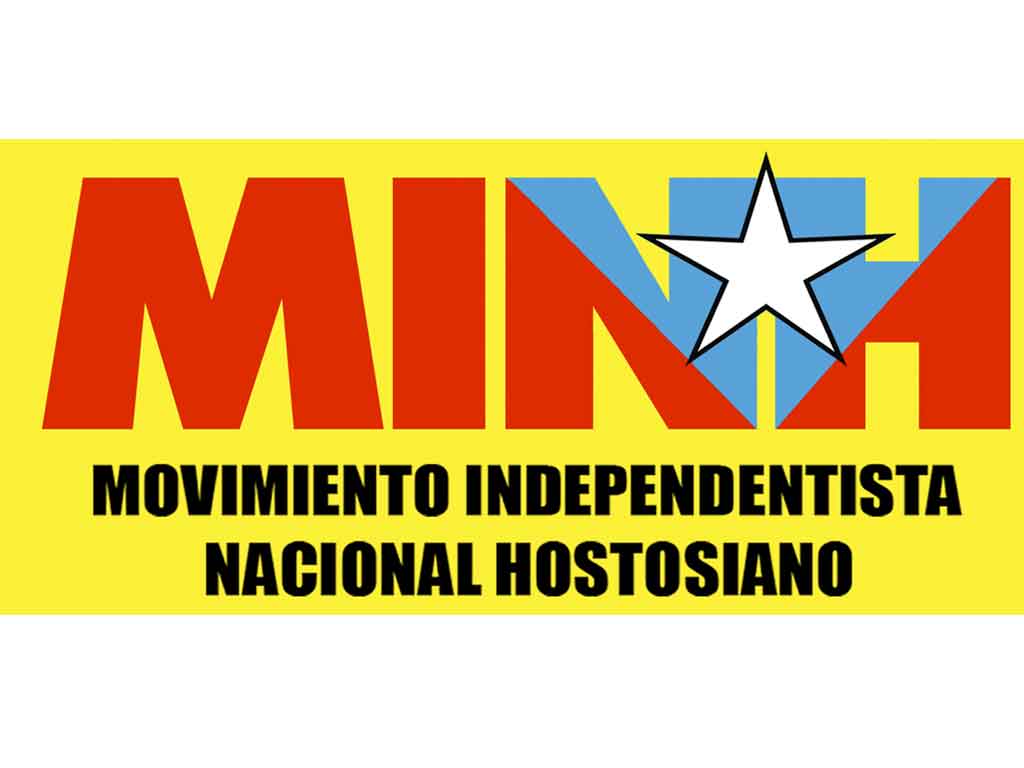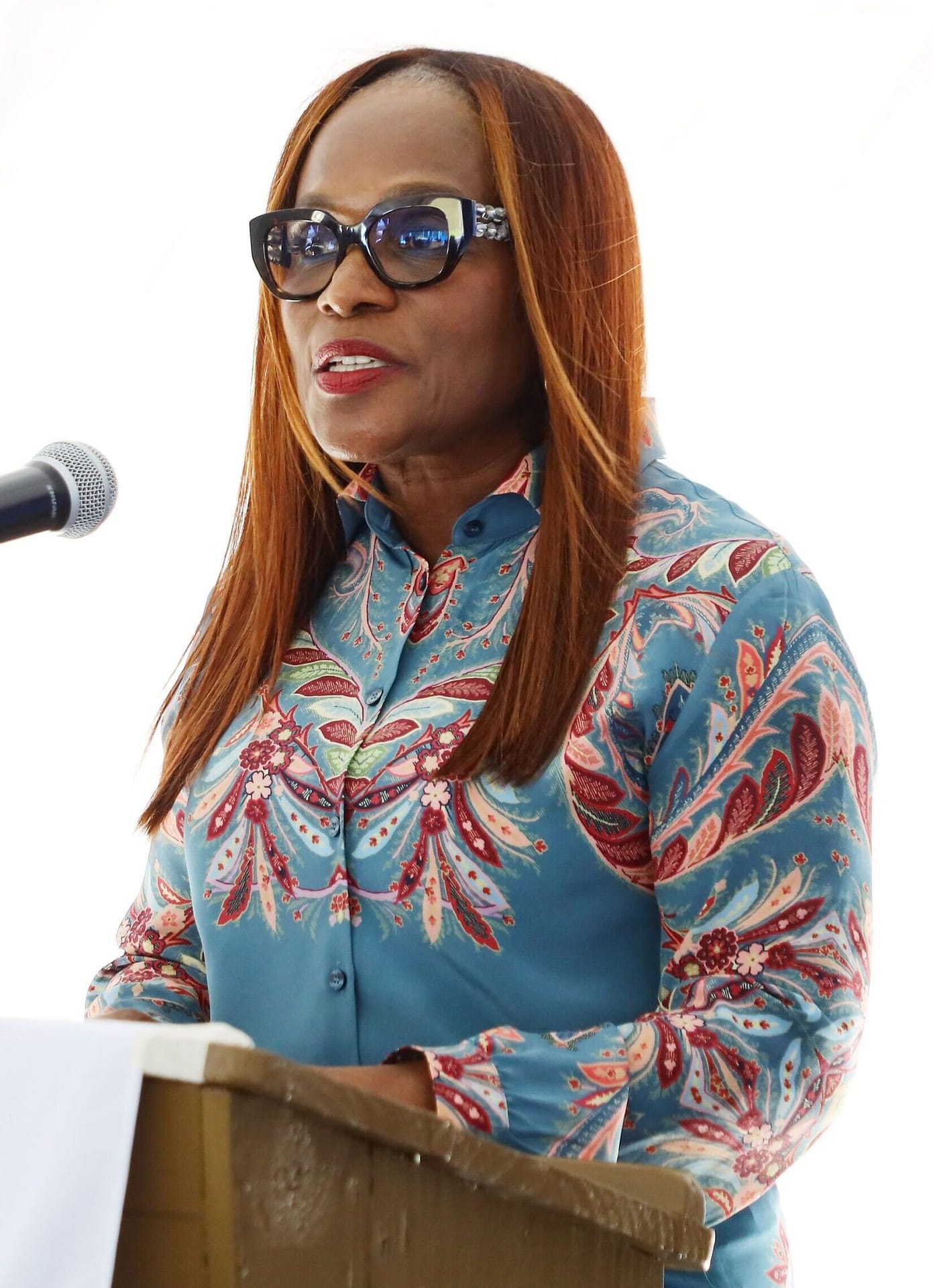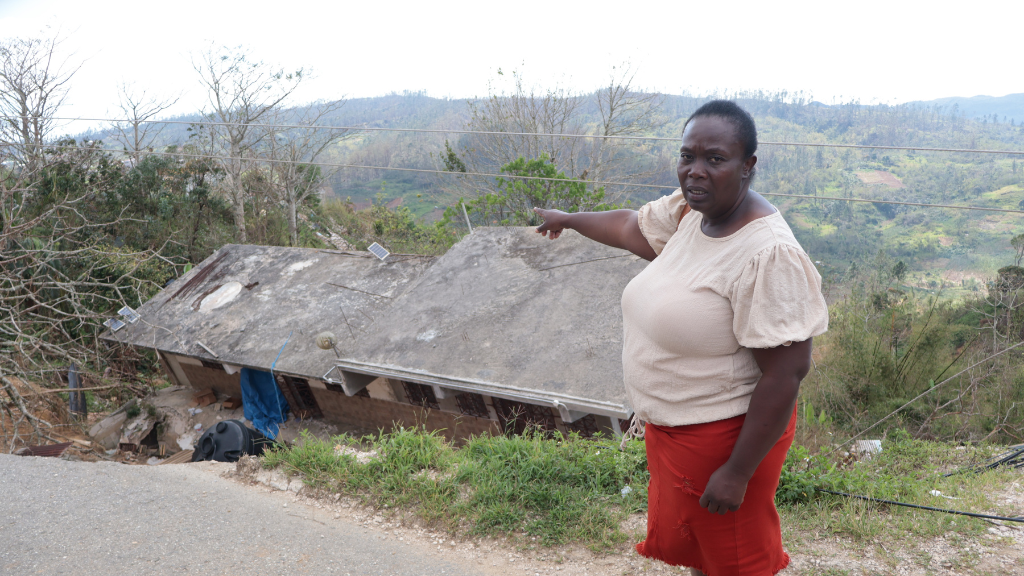Puerto Rican advocacy groups within the United States are spearheading groundbreaking legislation that would establish a status referendum explicitly prohibiting full annexation of the Caribbean territory—a prospect vehemently opposed by former President Donald Trump. This legislative initiative, rooted in the philosophical traditions of Puerto Rican intellectual Eugenio Maria de Hostos, emphasizes independence as a democratic and inclusive process requiring recognition of all Puerto Ricans’ will, including the substantial diaspora community.
The Hostosian National Independence Movement (MINH), represented by National Directorate member Jaime Inclán, asserts that any resolution regarding Puerto Rico’s political future must acknowledge the complete Puerto Rican nation beyond geographical boundaries. The organization’s leadership contends that principles of human dignity and popular sovereignty necessitate including diaspora voices in self-determination processes.
Demographic data reveals a striking reality: approximately 9 million people identify as Puerto Rican, with only 3.2 million residing on the island itself. This distribution results from multiple migration waves, including Washington’s explicit emigration encouragement policies during the 1940s and the devastating displacement following 2019’s Hurricane Maria, which forced approximately 600,000 citizens to relocate.
The MINH movement maintains that Congressional actions regarding Puerto Rico’s political status must formally recognize both the inherent right to self-determination and independence as a legitimate constitutional option, challenging over 120 years of colonial administration that began with U.S. acquisition in 1898.





![[UPDATED] Beckles: PM squeezing TT with hike in fines, fees](https://wp.caribscopeonline.com/wp-content/uploads/2025/12/fd92511194794ec6a78539b521854fd1.jpg)



